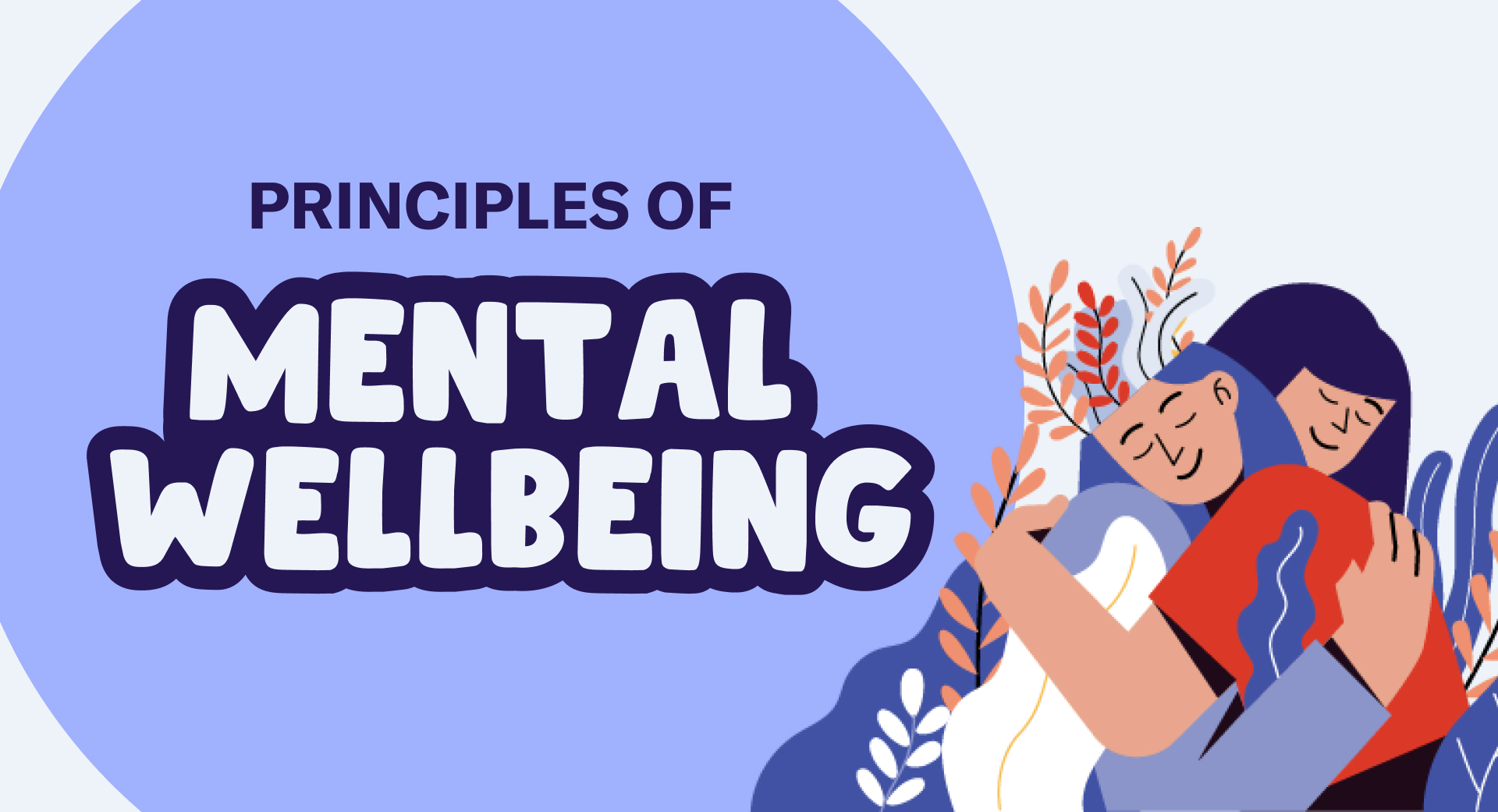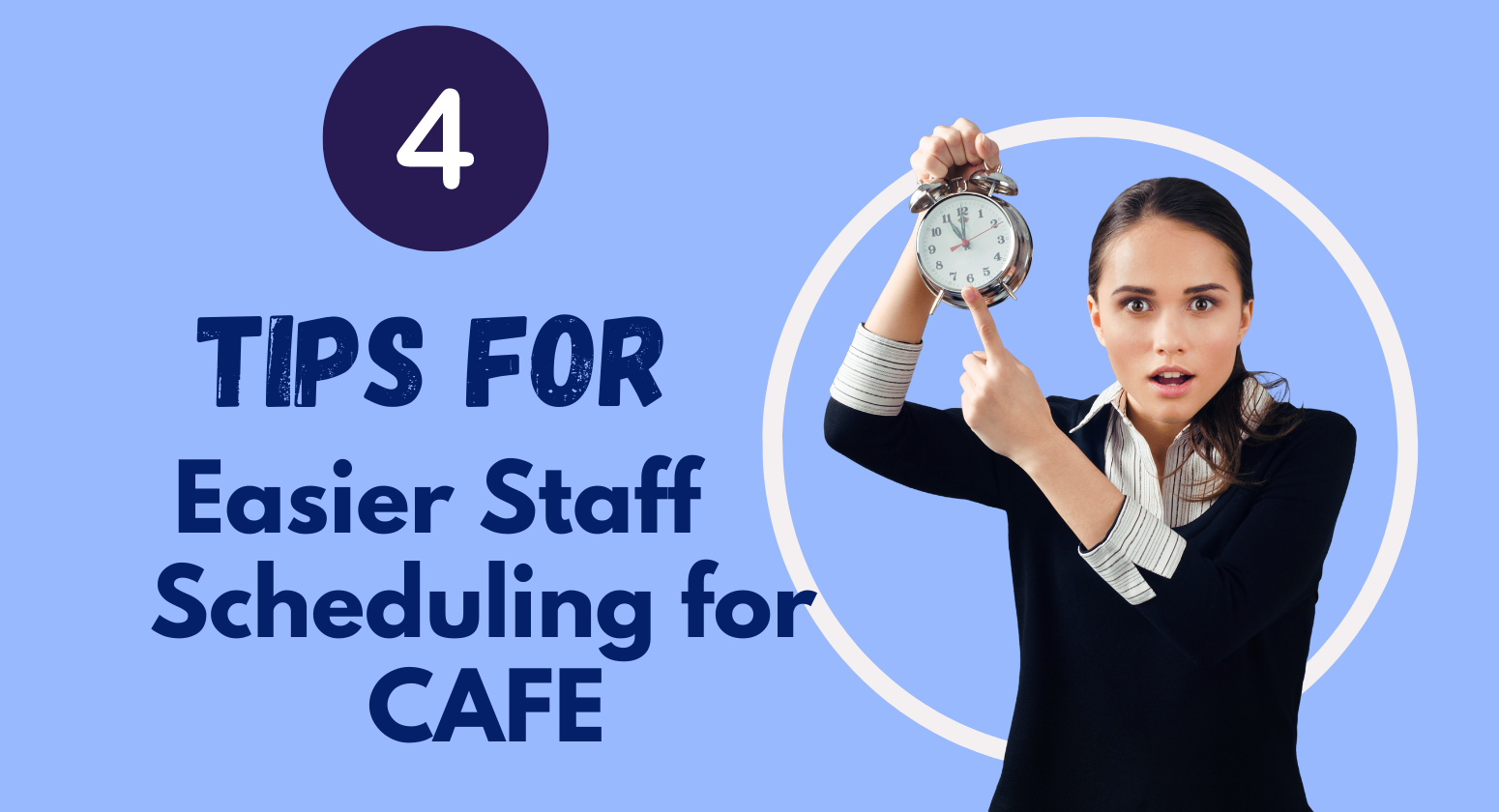

Source: World Health Organization
Good mental well-being means being able to cope in stressful situations and having the tools to deal with your emotions healthily. It means that you can learn well, work well, and be a productive member of your community. It also includes the absence of mental illness.
Being in a state of good mental well-being can contribute to good overall health and means you can handle the stress of everyday life. But how can we achieve mental well-being?
In this article, we’re going to take a closer look at how you can promote mental well-being in your own life with the six principles of mental well-being.
1. Eat a Balanced Diet 🍎
Mental and physical health are inextricably linked. When one declines, the other often does too. And though many in the medical profession are aware of this, we’re not really sure of the exact pathways that link them.
What we do know, though, is that keeping yourself in good physical health seems to have a positive impact on your mental health. And one really easy way to do this is to eat a balanced and healthy diet. The USDA uses a simple graphic known as MyPlate to illustrate what your plate should look like with each of your meals. It displays a balance between food groups that is best for your health.

Source: USDA
On top of keeping you well nourished, ensuring you get all the vitamins and minerals that you need each day, and making sure you have the energy to go about your normal activities, eating well may also have other benefits for mental health.
The gut-brain axis is a communication network that links the gut to the brain 🧠. Numerous studies have found that a healthy balance in the gut microbiome can have an effect on mood as well as cognitive function.
The best way to keep your gut healthy is to eat a varied and balanced diet that includes fiber, fermented foods, and pre-biotics.
2. Get Sufficient Sleep 💤

Source: Mayo Clinic
The Mayo Clinic recommends that adults get at least 7 hours of sleep each night. In fact, they suggest that poor sleep can lead to physical ailments, like weight gain, diabetes, and high blood pressure, as well as leading to mental health conditions, like depression.
If you don’t get enough sleep one night, the next day, you’re likely to feel fatigued 😴, lack the ability to concentrate, and have a lower mood. Periods of poor sleep can make formerly healthy people more likely to develop anxiety and depression.
For some people, getting enough sleep on a night can be difficult. They may have worries that keep them up or struggle to switch off. If you’re struggling to sleep well, you should consider therapies like switching screens off an hour or so before bed, diffusing lavender oil in the bedroom, and drinking a relaxing tea like chamomile.
If you have chronic sleep problems, it is imperative that you seek medical help to rule out any underlying problems.
3. Build And Sustain Good Relationships 🫂

Source: CDC
Having strong relationships with those around us is thought to have a huge impact on mental health. In fact, research suggests that social interactions don’t even need to be with your closest friends for them to have a benefit on your mental health.
What this means is if you’re looking to boost your mental well-being, spending time with your loved ones, friends, co-workers, and even acquaintances can actually have a positive effect. It can give you a sense of belonging and boost your happiness ☺️.
So, why not schedule some time with your nearest and dearest and see how it helps your mental well-being?
4. Take Time For You ☺️
And while spending time with others is also helpful, having time for yourself and your interests is also beneficial.
Finding a hobby in later life might feel like a strange thing to do, but pursuing your interests and spending time doing things that you enjoy can have a profound effect on your mental well-being. Hobbies can include things like taking up running 🏃 or horse riding 🏇 to creative hobbies like drawing, painting 🎨, or jewelry making.
Consider putting yourself out there and trying something new.
5. Have A Positive Mindset 🧠
Having a positive mindset is a double-edged sword ⚔️. While being positive about things can be helpful for your outlook on life, don’t let it stray into the realms of toxic positivity, where you feel guilty for ever having a negative thought.
Healthy positive thinking includes things like reducing negative self-talk and surrounding yourself with a positive outlook on life. Catch yourself when you start to say negative things about yourself and switch to more positive thoughts.
Often, a good way to make the switch is to imagine that you’re speaking to a friend. Think about the negative things you say about yourself; would you say these things to one of your friends? Probably not. Negative self-talk can be bad for your mental well-being, and positive self-talk may actually help to reduce stress, according to the Mayo Clinic.
6. Find Your Purpose ❤️

Source: Harvard Health
While the phrase ‘find your purpose’ can feel like you have to come up with some huge achievement you’re aiming for you in your life, like finding a cure for cancer or something, it’s not quite that deep. In fact, finding your purpose may just be finding a role in your local community where you help people.
Everyone’s journey is different, but finding your meaning in life can help ground you, give you a reason to wake up and take care of yourself each day, and boost your overall health. Your meaning might be to help the kids in your class as a teacher, or it could be to make people laugh with your stand-up comedy. Whatever it is, make sure it aligns with your values and makes you feel good.
Conclusion
Mental well-being is important for your overall health, so ensuring that you follow these six principles will have a ton of benefits for your health. Each of these principles is known to have a positive impact on your mental and physical well-being, so try to implement them into your life where you can.
Want to read more about mental well-being and happiness in the workplace? Check out our blog and take a look at the solutions we offer now!





